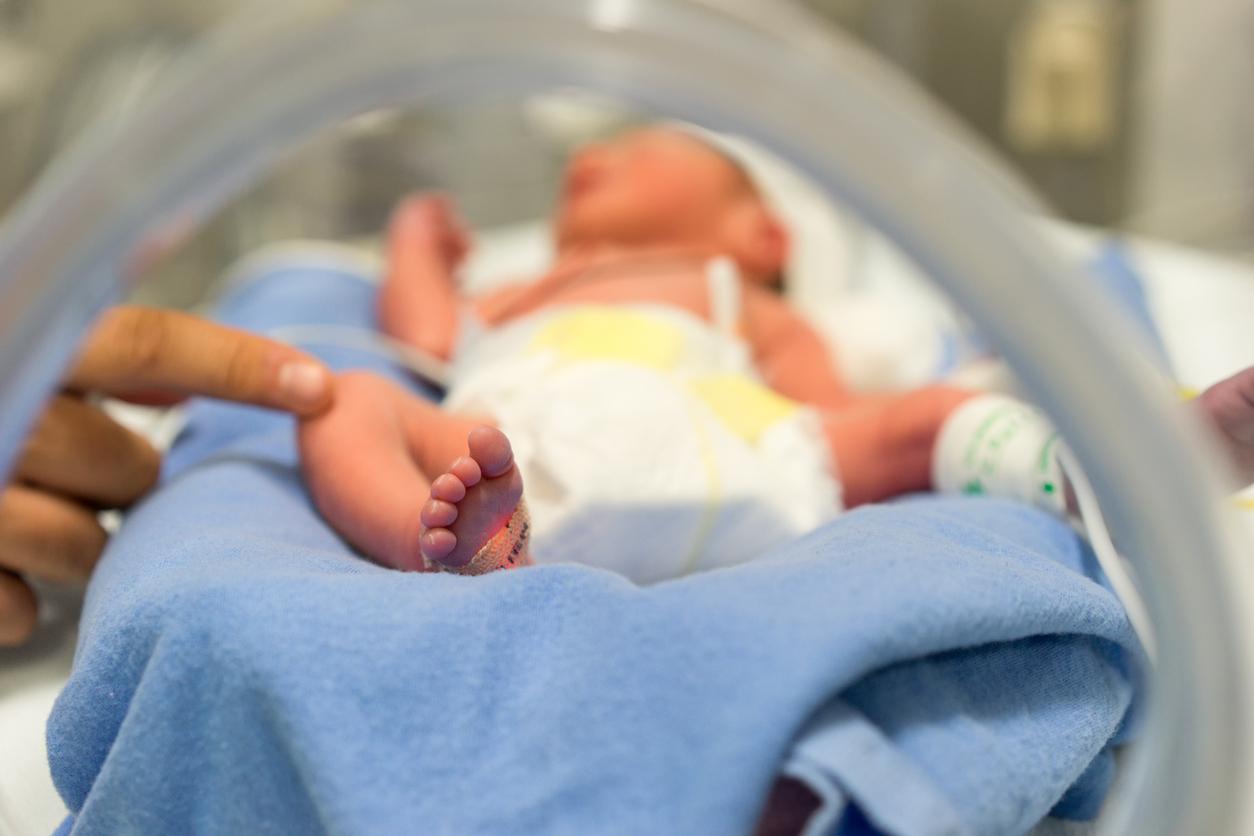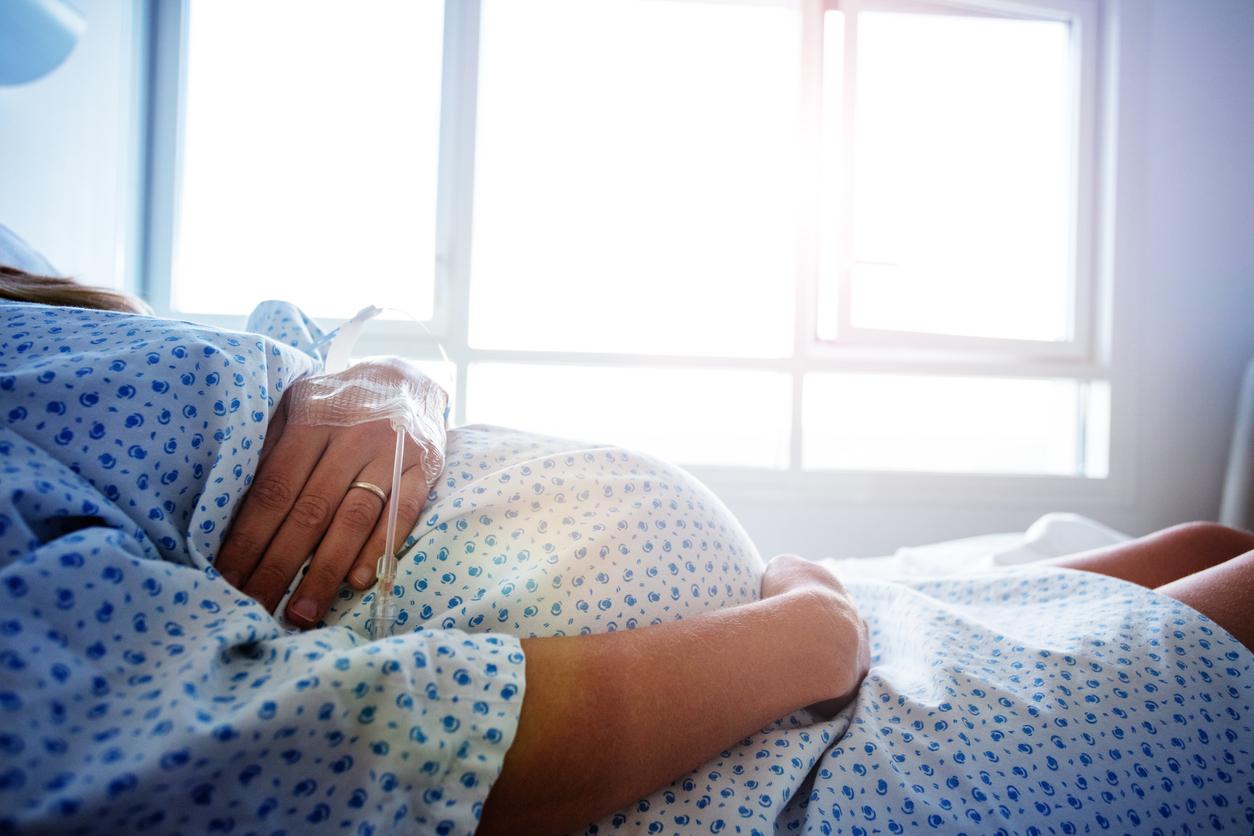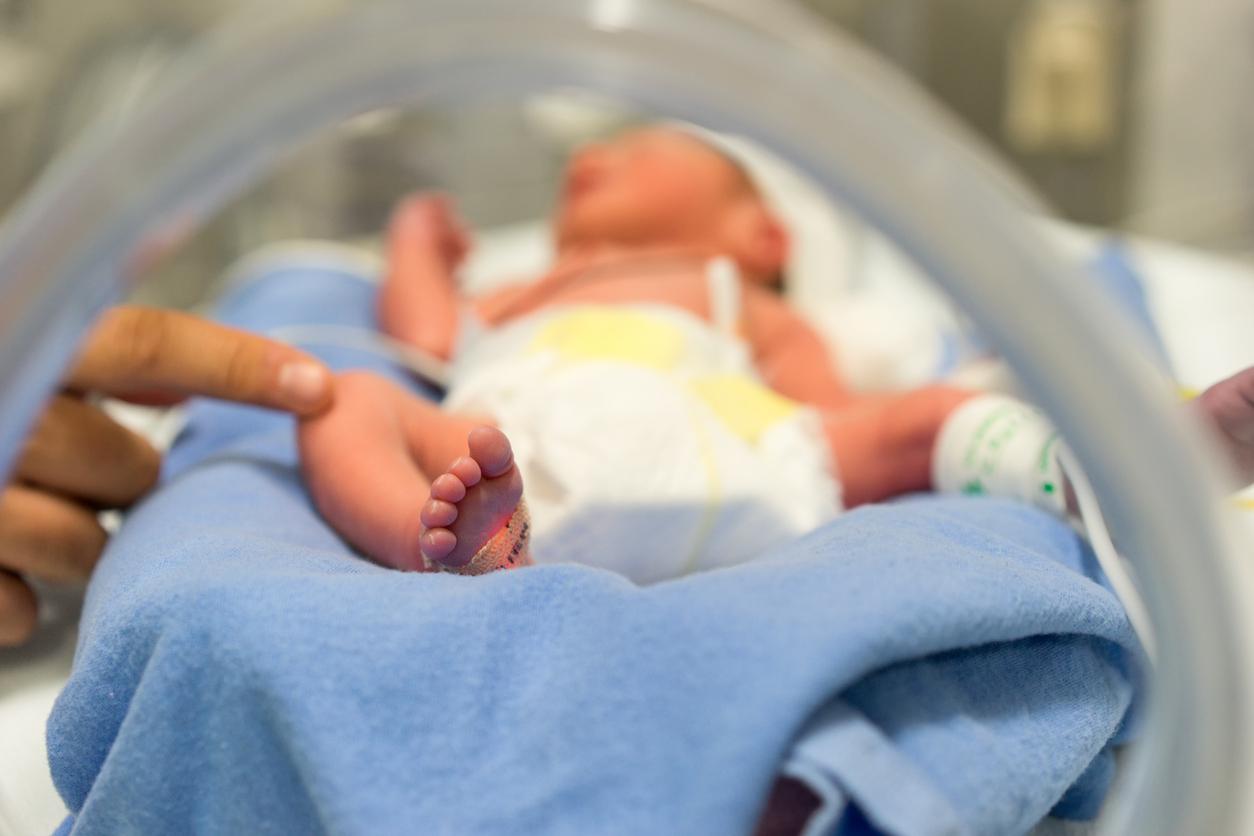A British study reveals that pregnant women who have had mental health problems in the past are more likely to give birth prematurely.

- According to a new study, women who had at least 1 contact with mental health services in the 7 years preceding their pregnancy, have an increased risk of preterm birth.
- They were also more likely to have a small-for-gestational-age baby.
- The researchers call on health professionals to ask expectant mothers about their mental health in order to provide them with the appropriate care and reduce the risks during childbirth.
If the good physical health of expectant mothers is essential for the smooth running of a pregnancy, a study by the British universities ofExeterof Liverpool, King’s College London and the London School of Hygiene and tropical Medicine shows that we must also pay attention to their mental state. After analyzing data from more than two million pregnant women, researchers found a significant link between mental health issues in the mother and an increased risk of preterm birth.
To have had mental disorders increases the risk of prematurity
According to the results of the work presented in the review Tea Lancet psychiatry on August 14, 2023, one in ten women having consulted at least one time for mental disorders in the 7 years preceding her pregnancy, gave birth prematurely. The rate is only one in fifteen in those who did not have need mental health care in the past. This represents a 50% increase in the risk of prematurity.
Future mothers who have been hospitalized in psychiatry and those who had recent contact with mental health professionals were most at risk of birth complications.
Professor Louise Howard of King’s College of London, co-lead author of the scientific article, explains in a communicated : “This study highlights the extent to which women with pre-existing mental health conditions, particularly those who have been hospitalized and/or recently come into contact with mental health services, are at risk for obstetric and neonatal unwanted. It is therefore essential that midwives ask detailed questions about mental health care before pregnancy.”
Pregnancy : towards a better consideration of mental health
Besides the risk of preterm delivery, researchers also found that women with a history of mental disorders were more likely to deliver a small baby (relative to their gestational age). Newborns of small sizes represented 75 births out of 1,000 among these mothers, against 65 births out of 1,000 in those without history.
Professor Helen Sharp from the University of Liverpool, who worked on this research, says: “These latest findings offer additional insight into the possible risks associated with mental health and pregnancy and more importantly allow clinicians to offer advice and guidance to mitigate them.”
His colleague Jan Van der millstone of the London School of Hygiene and Tropical Medicine adds “The strong results of this study pave the way for better risk assessment, prevention efforts and tailored treatments, thereby improving the well-being of pregnant women and their babies. By prioritizing mental health during pregnancy and childbirth, healthcare professionals can optimize care and support for women, ensuring better outcomes for mother and child.”
















